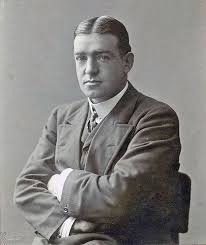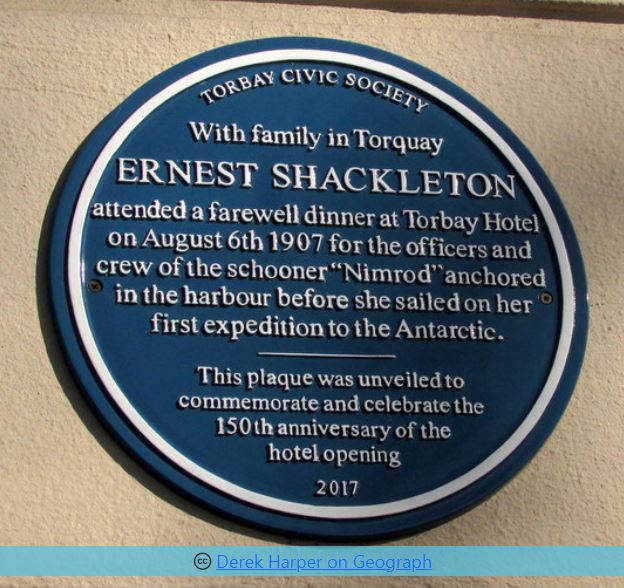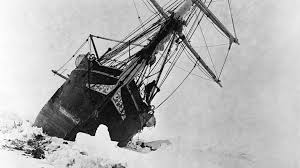
15 February marks 150 years since the birth of Ernest Shackleton, the Anglo-Irish Antarctic explorer who attempted to reach the South Pole. He is most associated with four expeditions exploring Antarctica, particularly the Trans-Antarctic (Endurance) Expedition (1914–16) that he led, which, although unsuccessful, became famous as a tale of remarkable perseverance and survival.
Born in County Kildare in 1874, he signed up for the Merchant Navy aged 16, serving on a ship carrying cargo from the UK to South America where he got his first taste of the unpredictable waters around Cape Horn. Shackleton had a famous rivalry with Robert Falcon Scott, for whom he served as third officer on the ‘Discovery’ on the British National Antarctic Expedition.

1907-1909 Shackleton commanded the Nimrod expedition and set a new farthest south record with his men. His strong leadership was his defining characteristic.

After Norwegian explorer Roald Amundsen became the first man to reach the South Pole on December 14, 1911, Shackleton refocused on launching the first expedition to cross Antarctica on foot. He and his 26 men left on 14 August 1915 and sailed 800 miles on the ‘Endurance’. Despite many trials and tribulations – do read about this journey, it’s an amazing testament to the dogged determination and resilience of the human spirit – they eventually made it in 1916. All of the Endurance’s crew survived.
Shackleton is famous for not losing a man but, even before that, he made strategic
decisions to preserve his crew’s health and spirits during their many months adrift.

These men were true explorers and must have been tough and rugged men to survive in such a difficult environment. I have great admiration for Shakelton and his men and it amazes me that they were able to adapt and survive in such a hostile climate.
I think they left English waters on August, 1914, awaiting orders to proceed knowing about the assination. in Seriavo, the start of WW1.